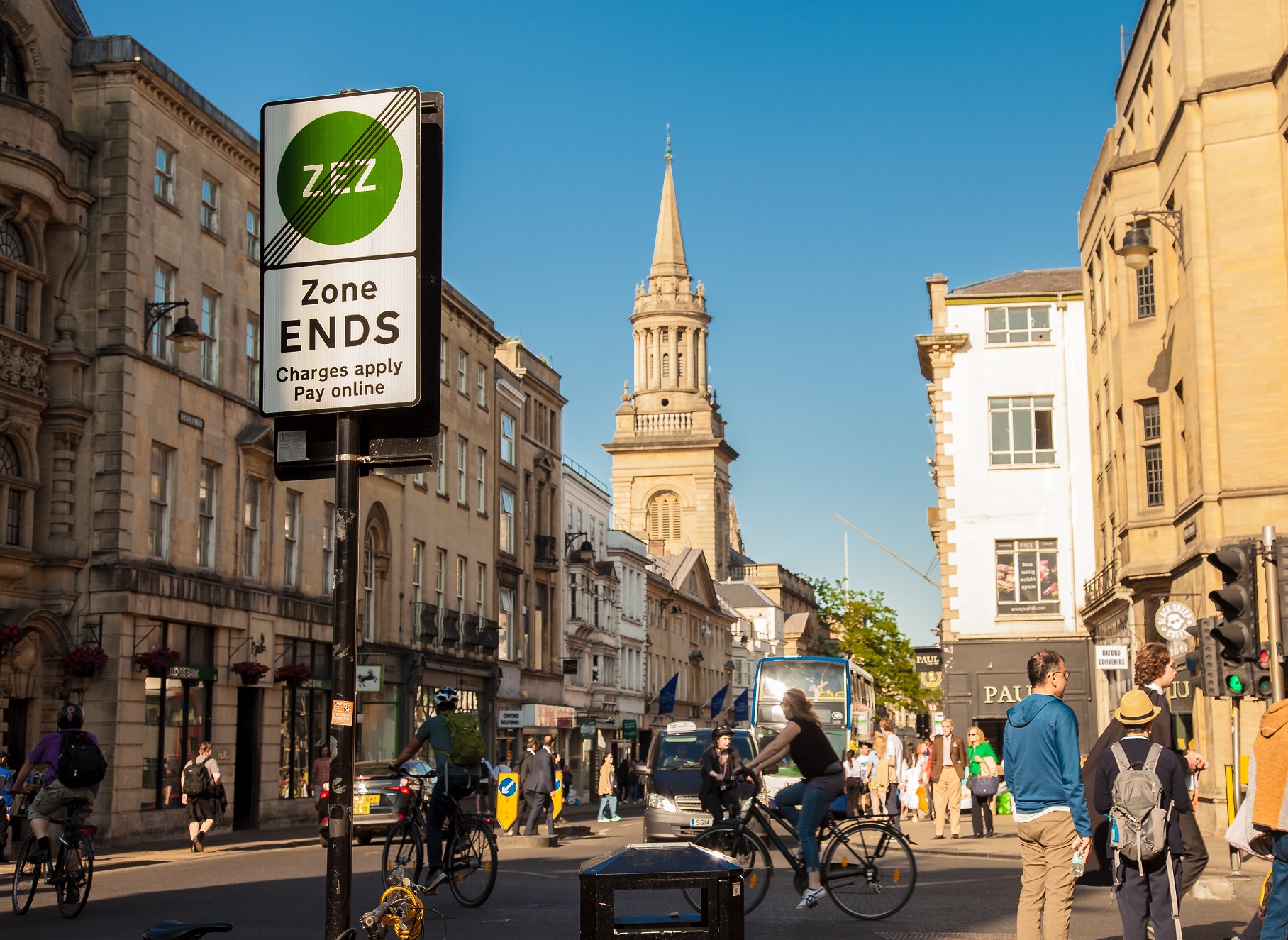What impact does social media have on us?

Social media have become an integral part of our online life. They inform, entertain, allow us to communicate, form opinions. Just what price are we paying for it?
The “Social Media 2023” report, prepared by Gemius, Polish Internet Research and IAB Poland, shows that 93.79 percent of Internet users in Poland (from 7 to 75 years old) use social media. That’s nearly 28 million people.
They spent an average of 2 hours 1 minute and 44 seconds per day, or 42.08 percent of their time online (the survey ran through the entire year 2022). Women spent a bit more than men (2:4:11 to 1:58:40). The younger, the longer (3:17:1 for the 7-14 year old group, that’s 59.74 percent of the time they spent online).
YouTube (26.67 million), Facebook (26.37 million), Instagram (15.88 million) and TikTok (13.4 million) had the most real users in 2022.
The most time-engaging platform was TikTok – on average, its users spent here daily 1 hr. 21 min. 50 sec. Just behind it was YouTube – 1 hour 16 min and 35 sec. The third – Facebook – engaged for an average of 51 min and 29 sec per day.
Why so long? Because it’s engaging. The infinite scrolling method used by many platforms makes us want to go further, deeper, it’s extremely easy for us to lose track of time.
A dose of dopamine
Social media ideally uses the mechanism of dopamine release. This is a neurotransmitter secreted in a part of our brain’s limbic system called the reward system. It activates when we satisfy our needs or experience pleasure.
Dopamine is essential to our lives: it motivates us to act, allows us to feel satisfaction and pleasure. It makes us want more, harder, turns us on. It drives us to repeat rewarding ( with a pleasant feeling) activities.
Isn’t it similar to scrolling Facebook or Instagram? The rewards here are the likes and other expressions of appreciation or liking, attractive content that we have to “fish” in the feed. We scroll wearily, and finally there it is! A video with cute kittens, a funny photo uploaded by friends. Dopamine dump and we go (scroll) on, for another one.
In social media, dopamine rewards are unpredictable – sometimes a few right away, sometimes we have to scroll for a long time. And the greater the uncertainty of the reward, the greater the amount of dopamine released. So we sit in front of screens and scroll.
– Dopamine quickly changes the brain, alters neuronal connections – as a result, the more we supply it to ourselves, not even on a conscious level, we just live in a stimulated world, the greater our need for it. And things get out of control. The system associated with dopamine is overstimulated, we stop being sensitive to it. And then it’s hard to find a level that satisfies us. We need a stronger stimulus all the time. The excess of dopamine that turns us on eventually causes an imbalance with serotonin, which is that neurotransmitter that says: “It’s OK, it’s enough, I feel calm, joy, fulfillment.” When I hug a loved one and feel the pressure go down – that’s serotonin working. And dopamine blocks serotonin, tells us to do more and harder. And if we are in constant overstimulation – it’s not always related to pleasure at all, sometimes to cognitive load – then there is a peak of cortisol on the other side, that is, exhaustion, overload, chronic stress, Dr. Asia Podgórska, neurobiologist, explained this mechanism in the magazine ‘Zwierciadło’ (in Polish).
A disturbed reward mechanism causes the brain to seek more frequent and stronger sensations, and this can lead to addictions.
What will I miss out on
How long are you able to go without using social media? – the researchers asked teenagers (NASK, Teenagers 3.0, 2023 – in Polish). Values of no more than an hour were given by a total of 16.2 per cent of respondents, with 3.3 per cent stating that they were unable to stand without social media at all.
In the mid-1990s, marketer Dan Herman first described FOMO, Fear Of Missing Out (fear that you might miss something). Herman defined it as ‘the fear of missing out on every possible option, associated with a sense of loss of the positive emotions that would have been created by taking advantage of those opportunities’. When he wrote this, social media did not yet exist and the internet was available to few. FOMO, however, brilliantly describes the reality of social media and the need, reinforced by it, to be constantly on, to seek stimuli, to feel a sense of belonging.
– We are overstimulated, over-informed, with a concomitant sense of ‘not being up to date’, ‘under-informed’, ‘not being there’. We get the impression that we miss out on all that is good, interesting, valuable and important. The polished life of others, shown on social media, thus becomes our unattainable and unfulfilled dream,’ write the authors of the first Polish FOMO study in the report “Poles and Fear of Rejection” (in Polish).
Let’s look at the group called high FOMO. They use social media more often and have more accounts on different sites. Almost one in two people in this group (49 per cent) goes on social media sites as soon as they wake up (against 25 per cent of the general group – we will give values for them in brackets). 38 per cent of the heavy-FOMO group use social media during meals (20 per cent), 63 per cent while travelling on public transport (42 per cent), 25 per cent. – while driving (9 per cent). One in four high FOMO sufferers looks at social media during a show at the theatre or a screening at the cinema (9 per cent), and 32 per cent during important meetings with friends (12 per cent). They also end the day with their phone in hand: 60 per cent still check social media before going to sleep (37 per cent). 27 per cent of people in the high FOMO group admitted that this makes them neglect their professional duties.
How does their FOMO manifest itself? A sense of boredom, loneliness, anxiety, fear, the feeling of being out of the loop, but also physically: nausea, dizziness, stomach aches, increased sweating.
– The results presented indicate that the most intensive users of social media are characterised by lower self-esteem compared to average Internet users. In our opinion, this tendency to think negatively about oneself is undoubtedly related to constantly comparing oneself to other people – strangers and friends – and seeing one’s own life through the prism of other people’s lives, the researchers write.
The rabbit hole
In November 2023, Amnesty International, an international human rights organisation, published the report ‘Plunged into Darkness: How TikTok encourages self-harm and suicidal thoughts’ (in Polish).
Researchers created puppet accounts pretending to be teenagers from different regions of the world interested in mental health issues. They analysed what appeared on the ‘For You’ channel, which presents videos selected by an algorithm based on the interests and engagement of the user.
It turned out that after just 5-6 hours spent on TikTok, almost half of the suggested videos were related to mental health and potentially harmful.
– This is about 10 times more than on the accounts of users not interested in mental health. The ‘rabbit hole’ syndrome emerged even faster when the researchers manually reviewed the mental health-related videos suggested to ‘puppet’ accounts posing as 13-year-old users in Kenya, the Philippines and the US. ‘Between 3 and 20 minutes into the research, more than half of the videos in the ‘For You’ channel were already related to mental health, and many of the recommended videos within one hour romanticised or normalised the topic of suicide, and in many cases even encouraged it,’ – reads the Amnesty International report.
Cyberbullying hurts for real
Anyone who uses social media comes into contact with a variety of content, often unwanted content. Every tenth person in Poland (9.5 per cent) has personally experienced cyberbullying, according to a study (in Polish) conducted in early 2023 on behalf of Amnesty International. In the group of women between the ages of 18 and 24, it was as high as 17.8 per cent.
What were the main reasons for violence indicated by respondents? Appearance (46.7 per cent), sexual orientation (38.1 per cent), material situation (34.4 per cent), gender (31.5 per cent) and gender identity (30 per cent).
Only 40.4 per cent of teenagers have not experienced online violence, according to the NASK report ‘Teenagers 3.0’. Almost 4 in 10 have been called names, one in four ridiculed and humiliated. Among the forms of violence, respondents also indicated threatening, impersonating someone and sending out compromising material.
17.9 per cent of the young people described by NASK had met adults they got to know on the Internet. One in four of them has not informed any adult about this meeting.
One in three teenagers (32.7 per cent) received a nude or semi-nude photo from someone. One in 20 admits to having sent such a photograph to someone. As the researchers note, ‘compared to previous years, sexting activity is becoming more popular’.
26% of teenagers watch so-called ‘patostreams’ (vulgar, obscene and violent shows or broadcasts) on the Internet.
More than half (53.7 %) of parents or carers do not set rules for Internet use for their children. More than 40 per cent of teenagers display high (12.6 per cent) and medium (27.7 per cent) levels of social media addiction.
What price are they paying for this? Almost one in two teenagers declared a low level of self-esteem related to social media use (44.5 per cent). High – only 2.3 per cent. More than half admitted to feeling lonely on social media (high loneliness – 10.6 per cent, medium – 43.3 per cent). Feelings of loneliness increase with the amount of time spent browsing social media.
At Łukasiewicz – PIT, we design and produce innovative IT solutions and digital platforms, and conduct research in the field of artificial intelligence, including machine learning. Want to know more? Take a look here.




